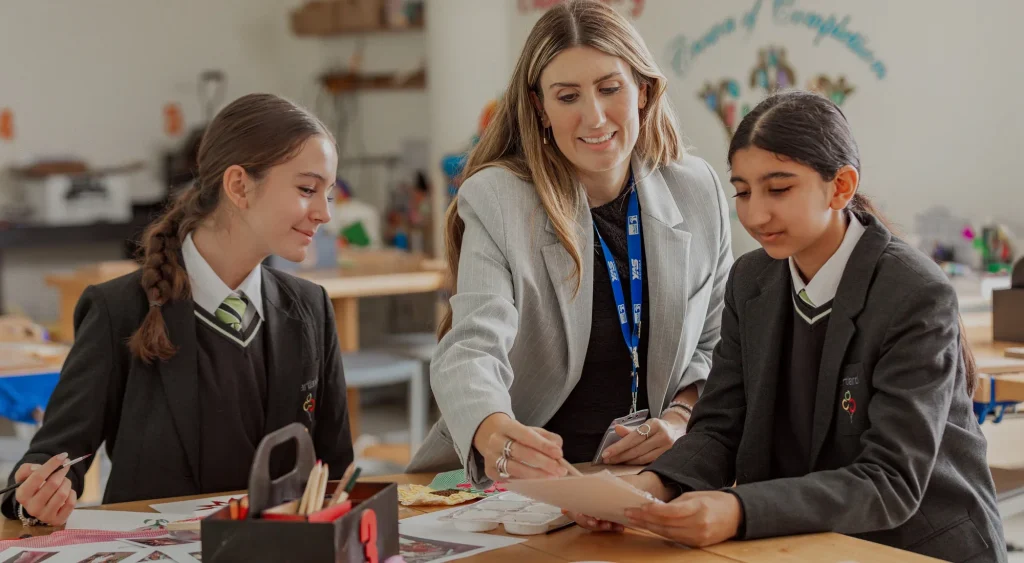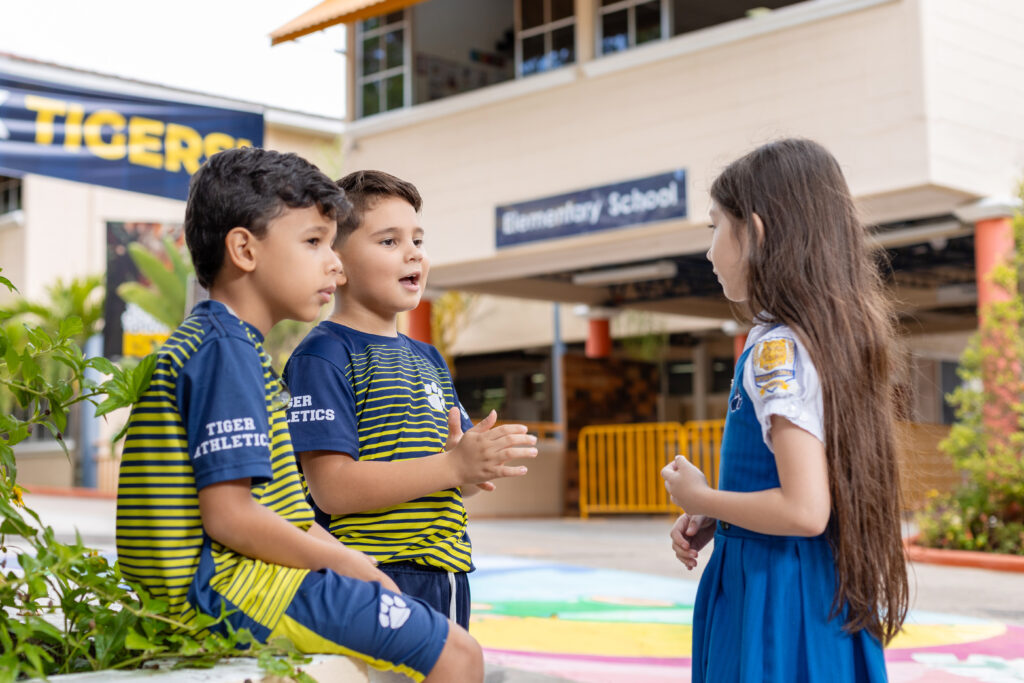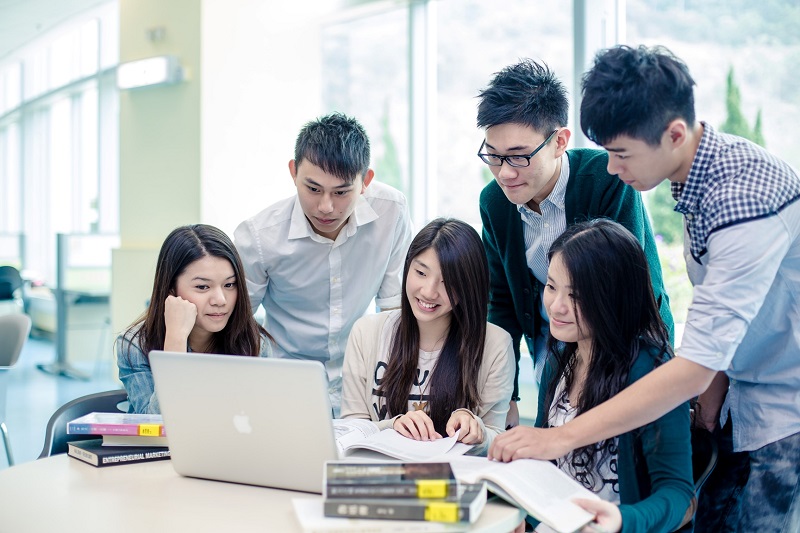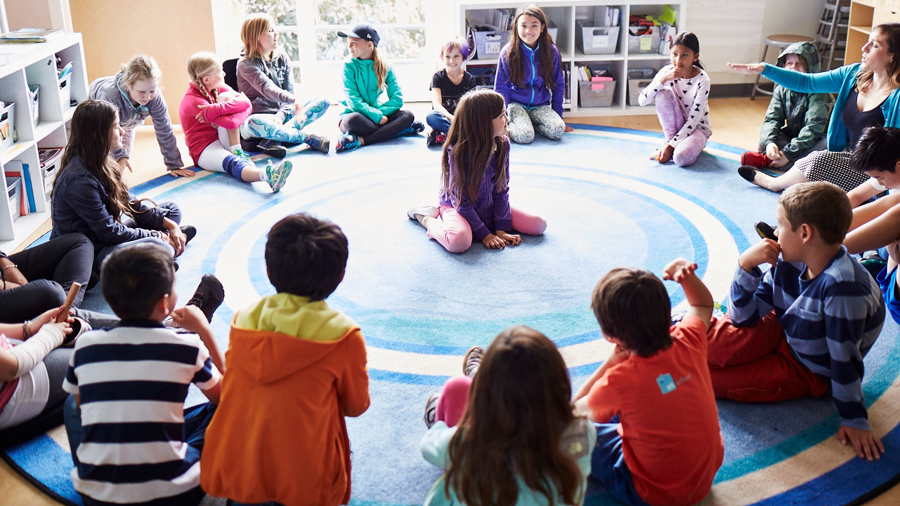International schools give students access to plenty of learning opportunities
Education systems are changing to provide more inclusive, multicultural experiences in an ever more linked world. Exposure to several points of view helps these institutions promote global awareness, critical thinking, and flexibility. Students registered in such settings frequently interact with a wide range of nationalities, hence improving their knowledge of various cultures, beliefs, and worldviews. Their improved curriculum strikes a mix between academic seriousness and creativity and practical abilities. Among the top choices providing such variety is hong kong international school.
Culturally Rich Surroundings
These schools’ focus on cultural integration is among their most priceless qualities. Students not only learn conventional topics like arithmetic, science, and language arts but also engage in community-driven projects honoring variety, international days, and cultural celebrations. Teachers from all over provide varied approaches and techniques, hence enriching the learning experience even more.
Often, language education extends beyond the conventional syllabus to provide chances to learn several languages in immersion settings. These exchanges foster open-mindedness and empathy, two vital traits for anybody wishing to succeed in a global society.

Whole Skill Development
Academics by themselves do not shape the path of learning. Modern universities with varied students provide equal weight to emotional, physical, and social growth. They design fair courses that enable students to develop into well-rounded people. Main ingredients are
- Field trips and service projects provide chances to participate in actual problem-solving.
- Group-based tasks improve communication and cooperation.
- Emphasis on arts, music, and performance for emotional and creative development.
- Career advice and personal attention to match talents with objectives.
- Emphasis on physical education, sportsmanship, and general health.
These qualities guarantee that students are ready to assume leadership positions and contribute to society rather than only to pass tests.
Academic Excellence Strategy
Schools giving different learning top priority usually use internationally known systems like the IB or British and American courses. These strategies promote inquisitive and multidisciplinary approaches that foster analytical thinking and curiosity. With classrooms that foster teamwork and creativity, facilities and learning environments are meant to inspire innovation. Respecting others’ views, teachers push students to create their own ideas by means of questions and discussion.
Students also start to form future paths throughout these years. Whether their emphasis is on STEM, humanities, or arts, they gain from a methodical yet adaptable learning environment. Schools like Hong Kong International School exemplify this academic balance by combining difficult material with encouraging mentorship.
World Future Ready
Preparing young brains for a global future is about fostering adaptation, awareness, and leadership. These learning spaces foster a mentality that appreciates diversity, welcomes change, and knows how worldwide activities affect local communities. Co-curricular activities promote ethical decision-making, public speaking, and community participation. Learners acquire useful skills including time management, conflict resolution, and intercultural communication tools that will benefit them in every field or nation.
Many who graduate to elite colleges all across the world carry not just academic successes but also a unique perspective formed by years of multicultural involvement. Platforms like hong kong international school show how a well-rounded education, rooted in diversity and deliberate supervision, equips young people to flourish long beyond the classroom.





